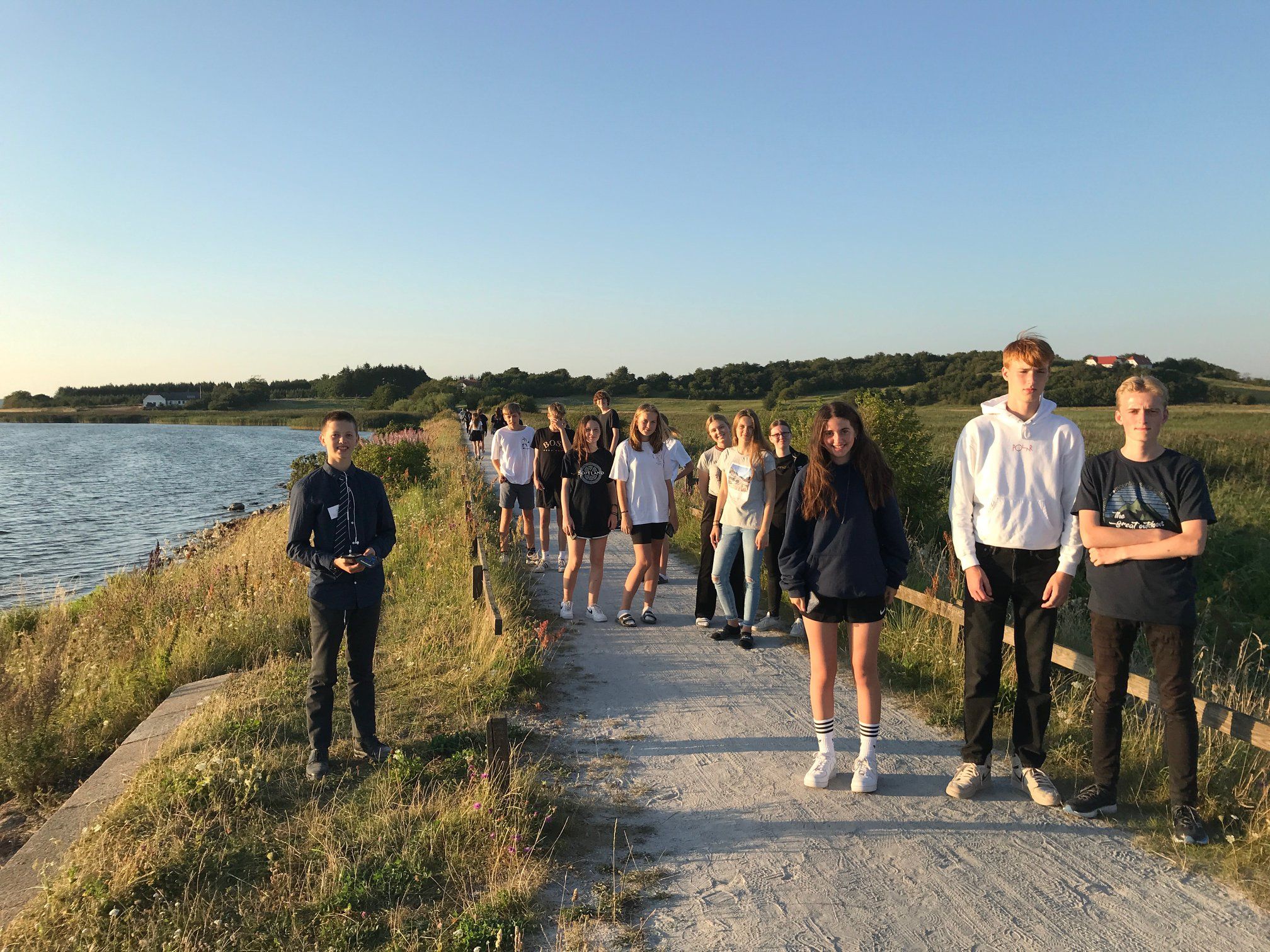It’s pretty much in the DNA of a supplement that it is trying to sell you something.
In this case, you’re on page 8 of a special edition dedicated to efterskoles.
So far, you’ve learned what they are, how they can benefit teenagers and how much they cost, and hopefully you’re now aware that Efterskole Dag on September 27 is a good opportunity to find out a whole lot more.
Is it the right choice?
But before you book your rail tickets or hire one of those super-cool electric cars, maybe it’s worth considering whether efterskole really is the right choice.
After all, while 30,000 children attend one every year, pretty much the same number don’t.
And beyond the affordability – as for some families, the cost can be too high – there must be other reasons!
Fuels teenage passions
But let’s start with the pros, even if we risk repeating ourselves.
As teenagers, we are at our most impressionable. Passions, once ignited, burn brighter, and many of us end up embarking on life-long journeys: of the heart as well as vocationally!
Many will discover what they were meant to do, while others will realise their dreams of being a rock star or MVP in the NBA should remain just that.
For others, it will be a chance to catch up or increase their confidence: from late developers to those with special needs, it will be a year well spent.
Time to mature
But perhaps even more important, this will be their first step into adulthood.
Learning to look after themselves – whether it is cooking, cleaning or nutritionally – will serve them well for the rest of their lives.
Additionally, thanks to the relaxed discipline they will develop self-motivation much earlier than most Europeans, who are pretty much told what to do at school up until university.
Most will finish the year with more confidence, maturity and certainty in what they want to achieve in the future.
People of privilege
Going to a private school is often described as a privilege, and efterskole is exactly that.
Attending boarding school (see page 11) is a unique experience, and it is one they are likely to treasure for the rest of their lives.
For some parents, it is a chance to really root their child in Danishness – they are after all pretty much the happiest people in the world.
And it’s also a chance to root out any homesickness ahead of the inevitable move abroad to study or work, which many choose as a rite of passage.
Don’t follow the herd
There are cons, though, and here are just a few of them.
Be careful not to choose an efterskole because your child’s friends are going there.
Make sure it is the right fit for the student, or they’ll potentially become unhappy.
Furthermore, taking on the challenge of starting alone, after ten years of close friendships at public school, will be invaluable as the world opens up to them and they are called to do it again and again. Otherwise, they run the risk of leading a life stifled by their surroundings.
Also consider the nature of your child’s relationship with the friend/friends they are ‘following’ – is it one-sided and likely to go a bit pear-shaped?
Trust your instincts
Choosing a specialised efterskole could prove to be an inspired choice, but be careful that it is not a passing fad.
Trust your instincts. After all, you’re their parent; nobody knows them better. Maybe this is an unnecessary delay in their education.
If your child has always been fast-track, do they really want to end up starting university at the age many are already completing their bachelor.
Just plain wrong
It could just be the wrong environment: from sleeping in close proximity to others (“They have to be Venetian blinds”) to having to cook (“I can make beans on toast!”), it might end up being a nightmare (“I miss my Mummmmy!!!!”).
And who knows, maybe you’ll end up missing them at a time when it might not feel natural to be apart for so long.
Or worse still, as an international parent, discover that after ten and a half months of ingrained Danishness that they’ve started writing and singing their own folk songs, talking to the Dannebrog like it’s an imaginary friend and, horror of horrors, started wearing a klaphat.













